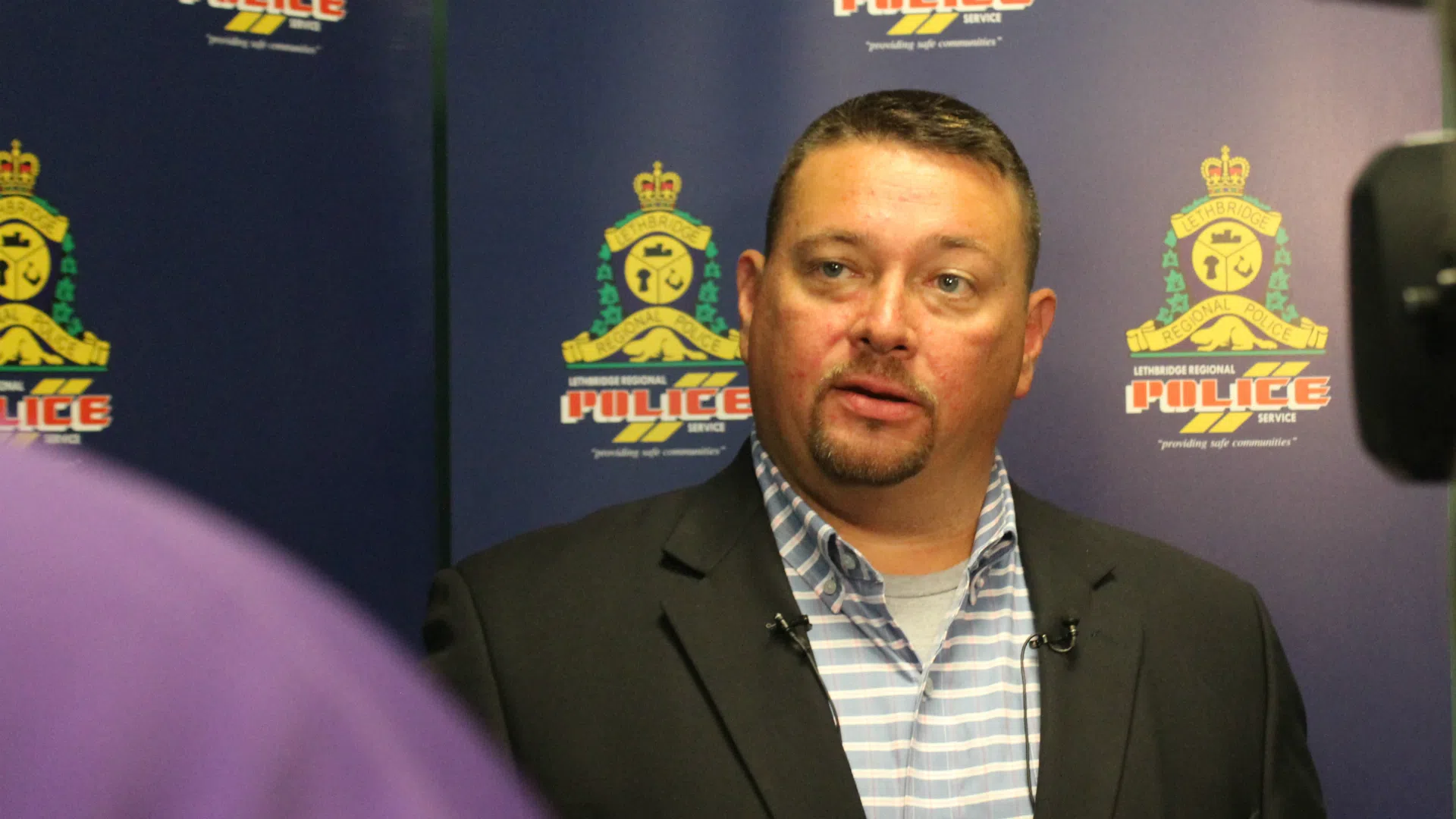
Chief says transparency important, but must follow law
LETHBRIDGE – The city’s police chief says no two cases are the same, so there cannot be a blanket policy on releasing the names of homicide victims.
However, Rob Davis says police services have to follow privacy laws, which is why the Alberta Association of Chiefs of Police (AACP) has developed a decision framework.
“Some homicides may require us to release the name for investigative purposes, to generate leads,” Davis told reporters Thursday, Aug. 3. “Others may not meet that threshold . But what this does is give us that standardized framework, so as we have that case-by-case framework we’ll all be operating in a similar fashion throughout the province.”
Davis said it might come as a surprise to many people, for example, that someone’s privacy rights continue to be protected for 25 years after their death. Their family members are also considered victims entitled to protection.


